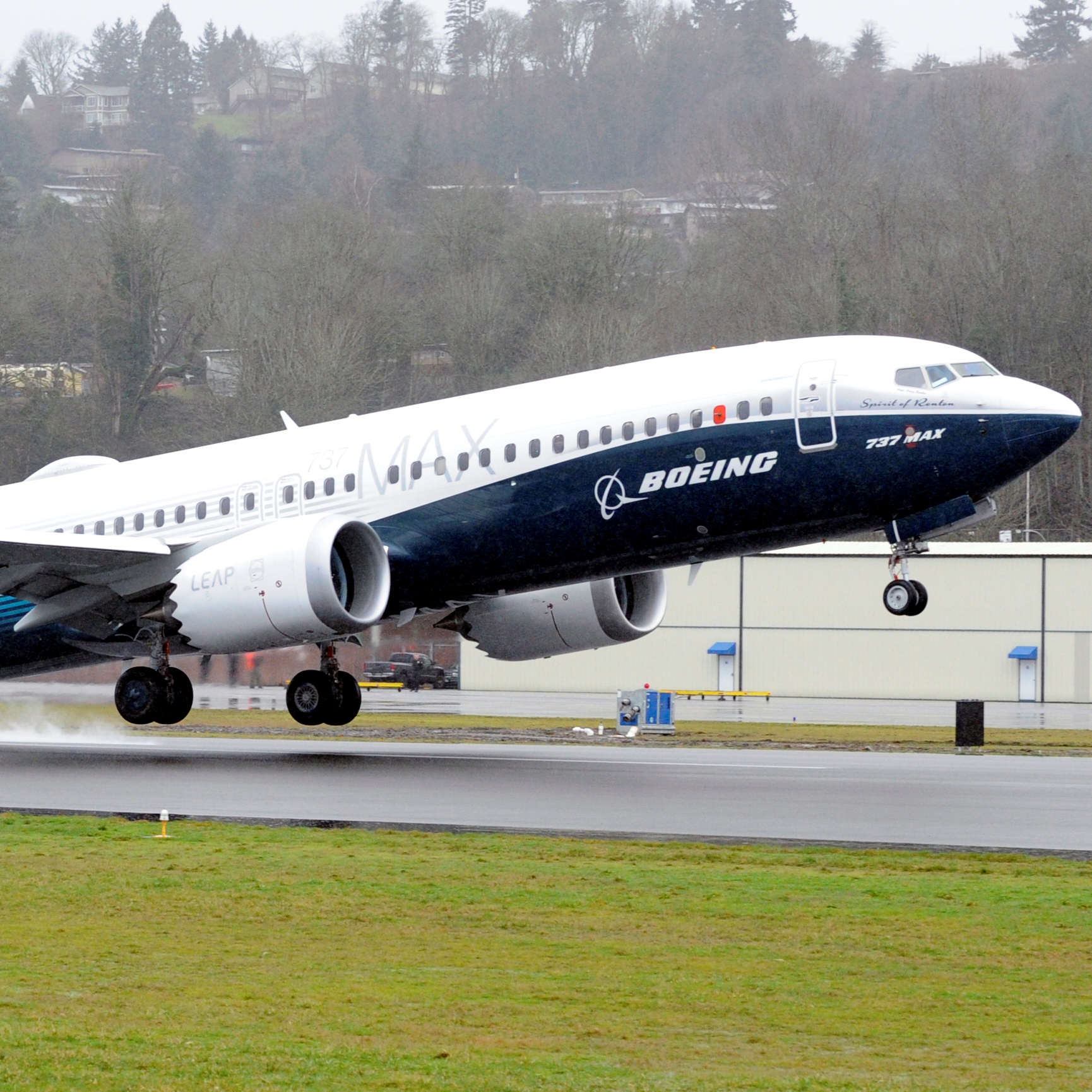
When Boeing Co. (NYSE: BA) reports earnings before markets open on Wednesday, analysts will be looking for earnings per share of $1.83 and revenues of $21.44 billion. In the first quarter of last year, Boeing posted earnings per share (EPS) of $1.97 and revenues of $22.15 billion.
Boeing’s EPS hurdle has been lowered by more than 30 cents a share over the past three months, and if the company doesn’t clear that bar it will likely wrestle away from Intel the honor of being the worst performing Dow Jones Industrial Average stock of 2016. The aircraft maker could do that anyway, because there are several important questions for which Boeing has yet to provide answers.
The company probably will have little to say about the SEC investigation into its program accounting method. The inquiry does not question the accounting practice itself, but rather the revenue forecasts that Boeing made related to deferred production costs on the 787 Dreamliner program.
The deferred production costs on the 787 program totaled $28.5 billion at the end of the fourth quarter, an increase of just $201 million from the third quarter, and the smallest amount of growth in three years. But Boeing is still losing money on each 787 it builds and it has to stop the bleeding sometime. Now would be a good time, although these costs were baked into the share price long ago, and an announcement the company will start paying back those costs will have some PR value.
Bank of America Merrill Lynch downgraded Boeing’s stock last week from Neutral to Underperform and set its price target at $125 a share, more than 5% below where the stock traded on Tuesday. The analysts do not believe that Boeing’s forecast of $30 million per 787 delivered is achievable, and that would have to nearly double the number of 787s that Boeing sells in order to make up those deferred costs.
We should also expect to hear something about new orders, if not in the earnings announcement then in the conference call. As of April 19, Boeing’s net orders for the 787 amount to minus three. Net new orders total just 130 for all models, and 117 of those are for the 737. Competitor Airbus already has said that it expects 2016 orders to wind up at around 700 net new orders, about 35% below 2015 levels, and Boeing said in January that it expects a book-to-bill ratio of about one in 2016. Boeing’s forecast for deliveries is 740 to 745 new planes this year, so that’s a pretty aggressive order total. Don’t be surprised if that estimate comes down.
Boeing has had to compete not only with Airbus, but with Canada’s Bombardier and its new CS300 single-aisle jet. Boeing reportedly cut the price for its 737-700 to around $20 million to keep Bombardier from winning a sale of 65 CS300 jets to United Airlines. Bombardier is holding its annual shareholders meeting Friday, and it could announce that is has won an order from Delta Air Lines for up to 125 of its new jets. If Boeing does not announce a win on the Delta sale Wednesday, odds go way up that Bombardier will announce a win on Friday.
While we don’t expect Boeing to say anything about a new version of its 737 MAX 7 or a new middle of the market jet to replace its no-longer-in-production 757, stranger things have happened. A new 737 MAX that competes better with the Airbus A320neo is the better bet, but it won’t be any more than a paper airplane regardless.
Boeing’s stock traded up about 1.1% in the noon hour Tuesday, at $132.33 in a 52-week range of $102.10 to $150.59. The stock’s consensus price target is $138.47.
Take Charge of Your Retirement In Just A Few Minutes (Sponsor)
Retirement planning doesn’t have to feel overwhelming. The key is finding expert guidance—and SmartAsset’s simple quiz makes it easier than ever for you to connect with a vetted financial advisor.
Here’s how it works:
- Answer a Few Simple Questions. Tell us a bit about your goals and preferences—it only takes a few minutes!
- Get Matched with Vetted Advisors Our smart tool matches you with up to three pre-screened, vetted advisors who serve your area and are held to a fiduciary standard to act in your best interests. Click here to begin
- Choose Your Fit Review their profiles, schedule an introductory call (or meet in person), and select the advisor who feel is right for you.
Why wait? Start building the retirement you’ve always dreamed of. Click here to get started today!
Thank you for reading! Have some feedback for us?
Contact the 24/7 Wall St. editorial team.
